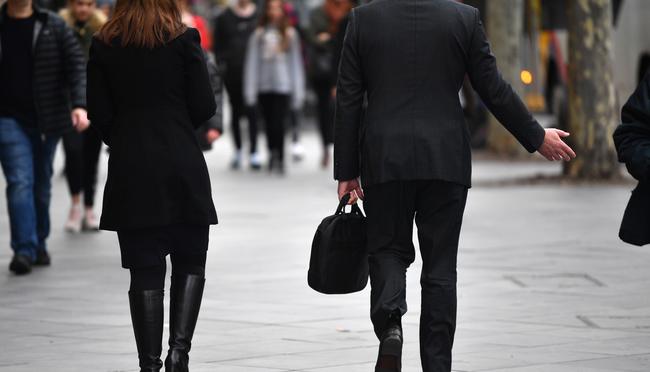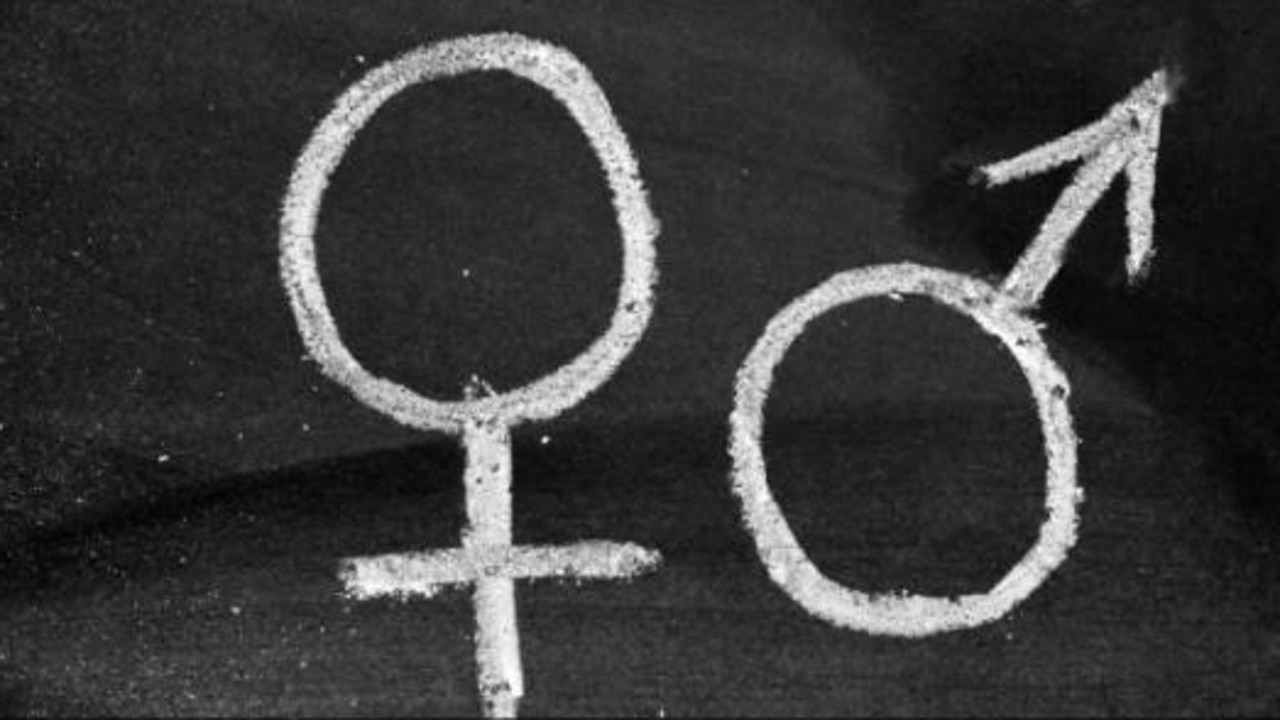Staff shortages ‘no guarantee of wage growth’
Filling the massive excess job vacancies created in the wake of the COVID-19 recession would slash nearly half a percentage point off unemployment.

Filling the massive excess job vacancies created in the wake of the COVID-19 recession would slash nearly half a percentage point off unemployment and take the jobless rate to 5.2 per cent, according to one of the country’s top labour market economists.
As job ads reach record highs, University of Melbourne professor Jeff Borland said returning the number of ads to pre-pandemic average levels implied an additional 65,600 employed.
The analysis shows how excess labour market demand should drive unemployment lower in the coming months, particularly in the wake of the Morrison government’s second pandemic budget, which revealed close to $100bn in additional stimulus measures.
Professor Borland said while this statistic looked “impressive”, it also went some of the way to explaining how employers could be complaining of severe labour shortages without any signs of an incipient lift in wages growth.
“It’s a striking statistic, but it’s still a pretty small part of the labour market; it’s not going to drive real wages growth,” he said.
Treasury has said unemployment may need to fall below 4.5 per cent to trigger wage pressures, while Reserve Bank governor Philip Lowe has suggested a rate of 4 per cent could be required.
The Australian Bureau of Statistics releases labour force figures for April on Thursday, and the consensus among bank economists is that the jobless rate will stay at 5.6 per cent following the end of JobKeeper in March.
Professor Borland said he believed that severe labour shortages in regions and sectors at the forefront of the post-COVID economic snap back — such as hospitality businesses and areas enjoying a boom in domestic tourism due to closed borders — were likely temporary rather than structural phenomena as they reflected employers struggling to adjust to the speed of the economy’s transition out of recession.
Ahead of March-quarter wage price index figures on Wednesday, the Melbourne Institute’s survey suggests that worker pay stagnated over the year to April and that employees expected only 0.5 per cent pay rises over the coming 12 months.
In contrast, the ABS’s wage price index grew by 1.4 per cent in 2020, its lowest on record.
Last week’s budget forecast that wages growth would accelerate to 2.75 per cent by 2025, but that this will be almost matched by inflation of 2.5 per cent — suggesting virtually zero real pay rises over the coming years.
Reserve Bank board member Ian Harper said workers and businesses had internalised the low inflation that has bedevilled Australia, and it would take a lot to break this “equilibrium”.
Firms don’t believe they can pay their employees more because they can’t pass on the increased costs to a highly price-sensitive consumer without losing business.
And in an age of labour-replacing technology, weak bargaining power thanks to lower union membership, offshoring, and the growing gig economy, employees are wary of risking job security in the return for higher pay.
“Nobody quite knows the answers (to reigniting wages growth) when these expectations are built in,” Mr Harper said.
But the Melbourne Business School dean said the best bet to breaking this expectation trap was getting firms to put to work tens of billions of dollars in retained earnings built up through the pandemic. A sharp lift in investment would upgrade equipment and enhance productivity, driving up profits and giving employers the capacity to lift wages.
In the meantime, Mr Harper said, fiscal and monetary policy were doing their best to drive economic growth up and unemployment down in the hope the labour market gets tight enough for workers to demand pay rises.




To join the conversation, please log in. Don't have an account? Register
Join the conversation, you are commenting as Logout